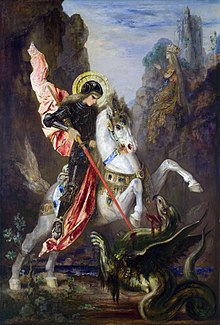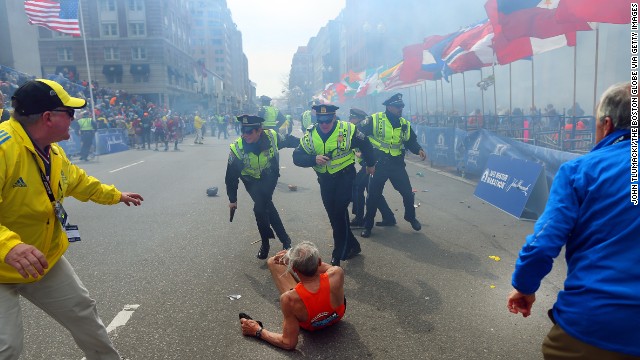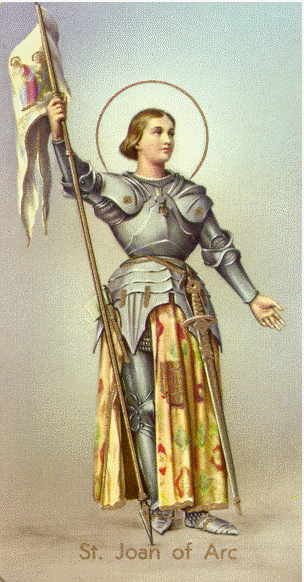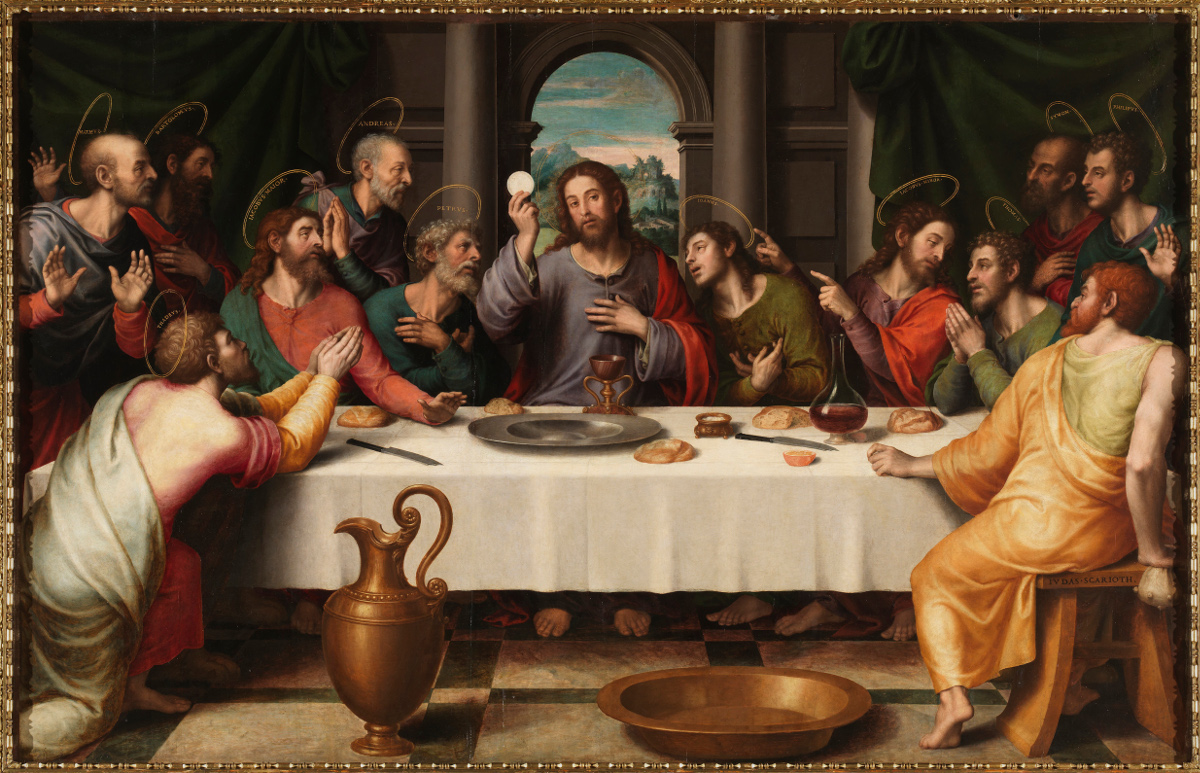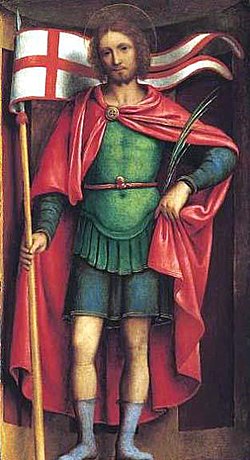*This is a joint post by both the writers of this blog.
In Christian circles, the term 'saint' may refer to one of two different things. The first meaning of saint is a person who is born again as a Christian. The second, the one associated to Catholics, are the canonized saints, which the Catholic Church states these as people who are in heaven. Each denomination take different stances on the saints.
Before we talk about the different stances, we need to talk about mediators. A mediator is an intermediary between two parties. In this case, the subject is about if saints are mediators before God. For example: the Virgin Mary; she was the connection between divine and human that conceived Jesus.
One of the prominent thoughts from Protestant thoughts is that there is only one mediator which is Jesus.
"For there is one God. There is also one mediator between God and the human race, Christ Jesus, himself human who gave himself as ransom for all" (1 Tim 2:5-6). It is because of this line they feel that saints cannot be the mediators that carry intercessory prayers to God, since from this quote, only Jesus can.
In the Catholic faith though, we understand that Jesus is a unique mediator; he is the mediator of the New Covenant. Saints that offer intercessory aid for us does in no matter infringe on Christ's unique role. We can be assured by this because of the greatest saint: the Blessed Virgin Mary. During the feast of Cana, even though Jesus states that the hour has not arrived for him, Mary tells the servers to listen to Jesus. When Jesus obeys his mother's words, it is assured that intercessory prayers are acceptable before God.
On the topic of Mary, the views between Catholics and Protestants vary depending on the denomination. There are many denominations of Protestants who believe in the same truth about Mary in that she is the Mother of God or
theotokos. However, there are some Protestants who do not accept this fact like the early religon/heresy Nestorianism. Most if not all denominations believe that she is a holy woman who is truly special, but the title given to Mary varies between denominations.
The last intercessory source going to be talked about are the angels. Surprisingly, there is actually very little differences between Catholic and Protestant views on angels. It is just that Catholics put more emphasis on the topic. For example, Catholics believe in the role of "Guardian Angels" and that they are assigned at conception to guide us. Protestants believe in the "Guardian Angels" but they usually do not care when they were assigned. Unlike Catholics who recognize the role of angels, Protestants know about it, yet seem to just take them for granted.
Since angels are accepted by both, we can now talk about their role as mediators. Angels are not the traditional mediators that saints are; they have a different roles including being mediators. For example, the Archangel Gabriel was a messenger to Mary during the Annunciation. The "Guardian Angels" that are assigned to us have to role to lead and protect us, yet they also pray to God personally for us. This can be seen by the intercessory prayer, "All holy angels...Pray for us." That and since the three Archangels are saints, we can ask them to intercede directly like other saints by saying, "St. Michael...Pray for us."
As can be seen, Protestants and Catholics have some differing and also quite similar views on these subject matters. We hope that these facts inform you on the various thoughts related to these religious matters.


_Founder_of_the_Jesuits.jpg/180px-St_Ignatius_of_Loyola_(1491-1556)_Founder_of_the_Jesuits.jpg)








